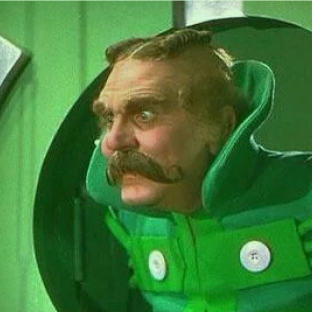Designing simple solutions takes a lot of thought. Good communication design must work through many rounds of writing and design to get to just the right words and images.

Everything takes time.
Bees have to move very fast to stay still.
- David Foster Wallace
Designing simple solutions takes a lot of thought. Just like the bees who work hard to stay still, good communication design must work through many rounds of writing and design to get to just the right words and images. It’s like the old saying, “measure twice and cut once,” taking time to get the messaging right assures you that your communications will be on the right track.
Taking our inspiration from the bees, here are three B-words to consider when starting your next communication project.
Boring
Successful messaging is not boring. Effective communication falls into two camps: Information you want to hear and information you need to hear. The job of the writer and designer is to present content to people in receptive ways. If it’s something important like healthcare, people who need this information should be able to quickly access the core information and logically work their way through it. If it’s something they want, like tickets to a One Direction concert or a new fragrance from Gucci, they should be persuaded with enticing language and graphics that appeal to their sensibilities. Boring doesn’t come into play.
Busy
On the opposite extreme of boring is the busy design. It can be long and wordy or blast you with a visual that overwhelms the senses. Busy design repels audiences. They check out and move on to something else. Taking complex messaging and paring it down to a simple design takes time and thought. Finding the key story and expressing it through words and images takes multiple iterations. We like to say it takes many impressions to make the right first impression. Keeping it simple is not about removing all the interesting parts and that would be boring (see above). Effective communication includes novelty and the unexpected elements of style, and yet when all is said and done everything must feel like it is on-message and belongs to the brand that you are creating.
Bother
Why should your core audience bother to look at your communication? You must provide communication that people care about. Get into the heads of your target audience and ask yourself these questions:
Why should I care?
What’s in it for me?
Am I better off knowing this information?
When you make communication that people care about they will bother to pay attention.
Bee Happy in 2014
For more insights in making communication that matters, send us an email and let’s talk about how your communication can avoid the extremes of boring and busy, and are worth the bother.
Painting: Bees by Marney Fuller, 1992, Oil on canvas, 84 x 72 inches. marneyfuller.com Back to Insights



